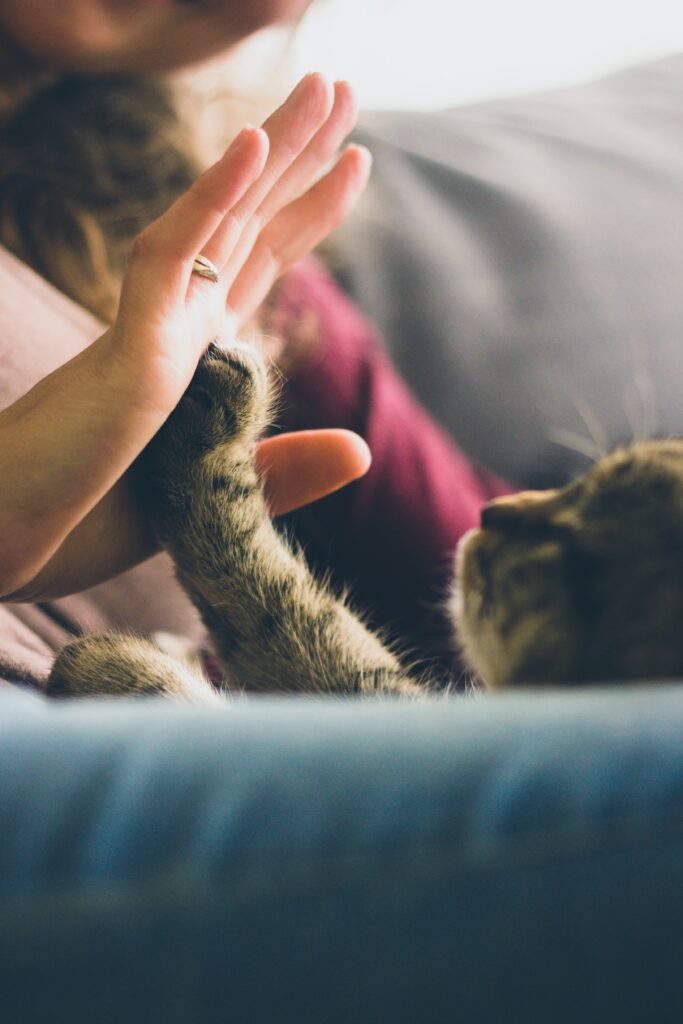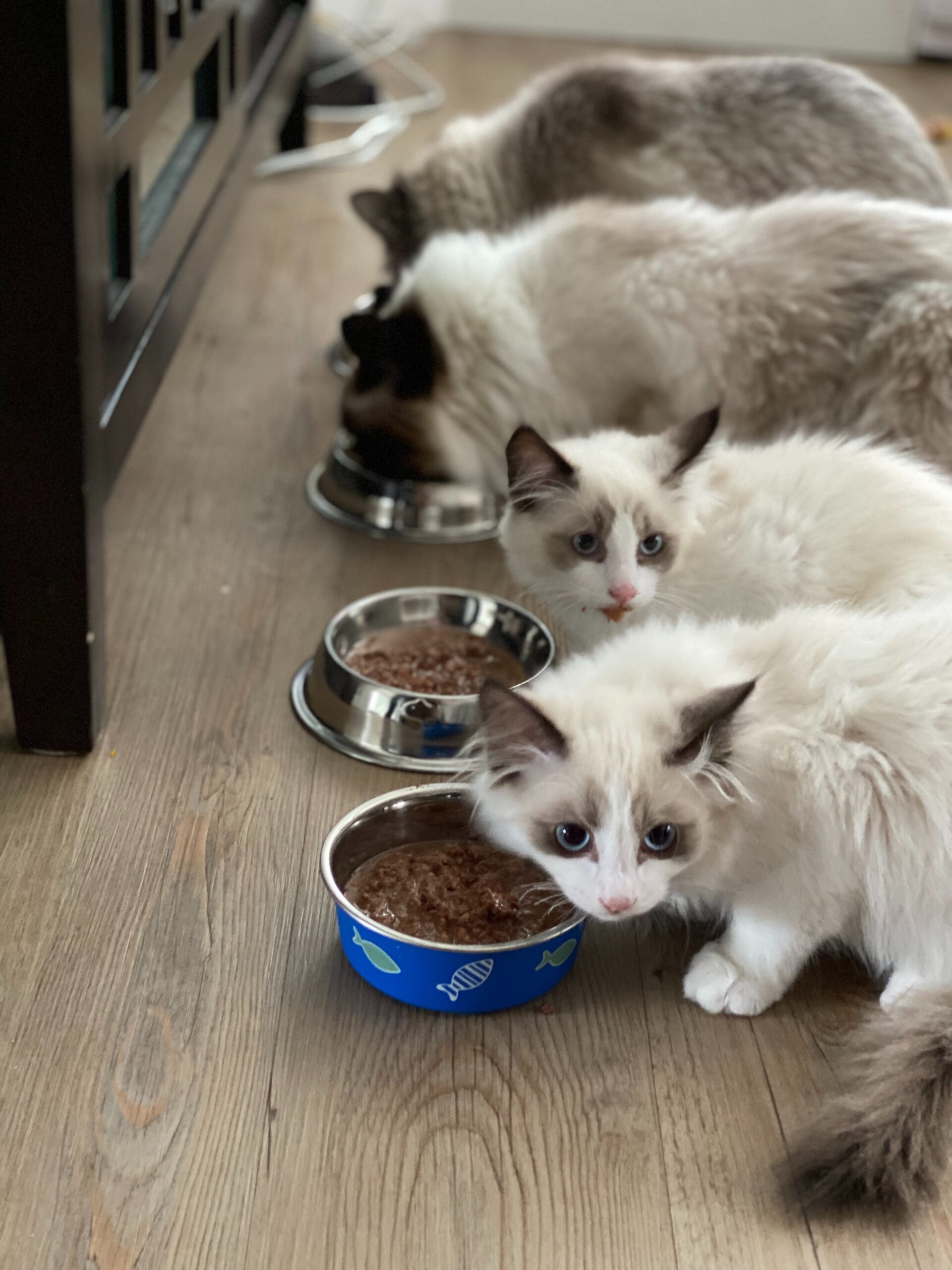Are you a cat owner who’s worried that your feline friend might be intentionally starving itself? While it may seem like cats can be picky eaters, the truth is that they have a unique way of processing food. This often leads to confusion and worry among cat owners who fear their pets may starve themselves to death. In this blog post, we’ll explore whether or not cats are capable of intentionally going on hunger strikes and what you can do to ensure your furry companion stays healthy and nourished. So grab a cup of coffee (or catnip tea), sit back, and let’s dive in!
Can a cat starve itself to death?
Cats are often perceived as being extremely picky eaters, and it may seem like they’re intentionally starving themselves. However, the truth is that cats have a unique way of processing food which can lead to confusion among their owners.
A cat’s liver processes food differently than humans or dogs do. When a cat stops eating for even just a day or two, its body starts breaking down stored fat to use as energy. This process produces by-products called ketones, which accumulate in the bloodstream and become toxic at high levels.
If left untreated, this condition known as hepatic lipidosis can be fatal for cats. Unfortunately, many pet owners don’t realize how serious this can be until it’s too late.
While some cats may choose not to eat due to stress or changes in routine (such as moving house), most will eventually start eating again once they get hungry enough. Therefore, cat owners must take steps to ensure their pets receive adequate nutrition and seek veterinary care if necessary.
By understanding your feline friend’s unique dietary needs and monitoring their appetite closely, you’ll be able to keep them happy and healthy for years to come!
Yes! Not intentionally
Yes! Cats can indeed starve themselves, but it’s not intentional. Unlike humans who eat for pleasure and socialization, cats only eat to survive. This means they won’t eat if they’re feeling unwell or stressed out.
Cats are creatures of habit and routine. They prefer consistency in their environment, including when it comes to food. Any changes in their diet or feeding schedule can cause them to lose their appetite.
Moreover, cats have a unique liver metabolism that makes fasting dangerous for them. A cat’s liver processes fats differently from other animals, which makes them more susceptible to hepatic lipidosis (fatty liver disease) when they don’t eat enough.
Therefore, while a cat may refuse food due to stress or illness, prolonged periods of starvation could lead to serious health complications such as organ failure and even death.
As pet owners, we must always monitor our cat’s eating habits carefully and seek help from a veterinarian if anything seems amiss. Remember that your furry friend relies on you for its well-being; make sure you meet all its needs accordingly!

Sadly due to the way their livers process
Cats are known for their picky eating habits, and sometimes they refuse to eat their favorite food. When this happens, cat owners often wonder if their cats will starve themselves to death. While it’s unlikely that a healthy cat will intentionally starve itself to death, some medical conditions can lead to unintentional starvation.
One of the most common reasons why cats stop eating is due to liver problems. Unlike other animals, cats have a unique way of processing nutrients and metabolizing fats in the liver. If something goes wrong with this process, it can lead to hepatic lipidosis or fatty liver disease.
Hepatic lipidosis occurs when fat accumulates in your cat’s liver cells. This condition can be caused by anything from obesity and diabetes to sudden weight loss or anorexia due to stress or illness. Once the liver becomes overwhelmed by too much fat, it starts shutting down other vital organs like the kidneys and lungs.
The best way for pet owners to prevent hepatic lipidosis is by monitoring their cat’s eating habits closely. If you notice any changes in appetite or behavior such as vomiting or diarrhea, contact your veterinarian immediately for an evaluation.
While cats may not intentionally starve themselves out of stubbornness or defiance towards certain foods; they are at risk of developing serious health issues such as hepatic lipidosis which could eventually lead them to starvation if left untreated over time.
Read More: Why Does My Cat Drool?
Final Notes
Cats can indeed starve themselves due to the way their livers process food. However, it is important to note that this behavior is not intentional and may be a sign of underlying health issues or stress. As pet owners, we have a responsibility to monitor our cat’s eating habits and seek veterinary attention if they show signs of refusing food for an extended period. With proper care and attention, we can ensure that our feline friends remain happy and healthy for years to come.

